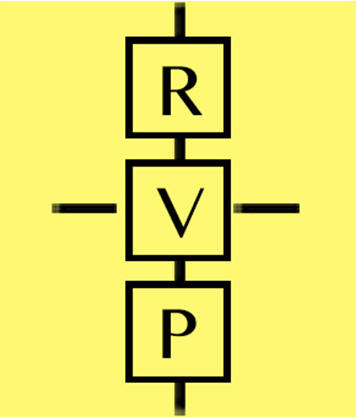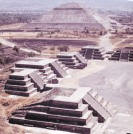The search for justice has
ever been one of the great human campaigns, just as
corruption has continually undermined the search to
realize the common good. This appears from the
analysis of cultures.
The Challenge
Culturally, in ancient Egypt
the Pharaoh owned everything and everyone. All power
descended from above and all were enslaved. What
once may have been gifts expressing gratitude to the
leader for benefices or permissions granted came to
be exploitive requirements for any permit. Whether
pharaoh, emperor or king absolute power in human
hands led to corruption, and in the end to
revolution.
Hence, for
modern times hierarchy has been eliminated, all are
equal, and authority is delegated to elected
leaders. But modernity as marked also by
individualism and egoism that again leads to abuses
of public power, that is, to corruption. This saps
the people?s sense of responsibility and willingness
to work for the common good.
Response
This challenge, in turn,
calls for a deeper philosophical understanding which
relates justice to responsibility in both
thought and action. The 2011 RVP seminar examined
this in the thought of Emmanuel Levinas.
The present seminar will return to this issue
looking more closely not only at a theory of justice
(e.g. of John Rawls)
but of the way in which justice entails
responsibility for its realization in action. E.G.
Paul Ricoeur posits that where justice is necessary
but reductive, love is also necessary in order that
justice be done and in ways that are truly promotive
of persons and responsive to their distinctive needs
and true welfare. Does responsibility for justice then take
one beyond justice in order that justice be done?
Legal
approaches alone can apply the power of coercion,
but while effective to some degree, through
fear this
has generated evasion so
that corruption becomes
more opaque. What is needed is a way for justice as
good and indeed beautiful to radiate an overriding
power of attraction? What
light can philosophical reflection
and religious cultures shed on this? Are
there resources which can be assembled from the many
cultures to make this effective for these global
times?
Application for Participation
Applications for participation in this seminar should
be sent by email by February 20, 2013, to
cua-rvp@cua.edu. Participants will cover their own
travel costs; the RVP will provide simple room and board
during the seminar. The seminar will be held at the RVP
Seminar Room: Gibbons Hall B-12, 620 Michigan Avenue,
North East, Washington, D.C., 20064.
(1) a vita
describing one's education, professional positions and
activities,
(2) a list of the applicants'
publications,
(3) a letter stating your interest
and involvement in this theme and the relation of
participation in this seminar to your past and future
work in philosophy and related studies, and
(4) an abstract of a study(s) you
might present as an integral part of the seminar.







